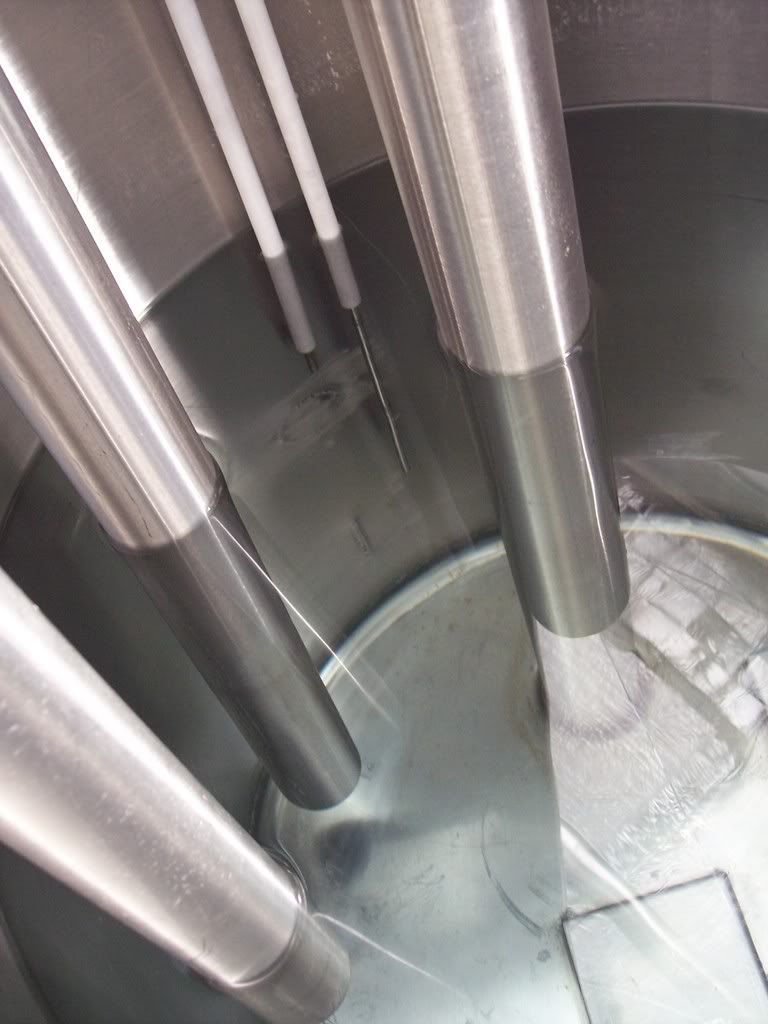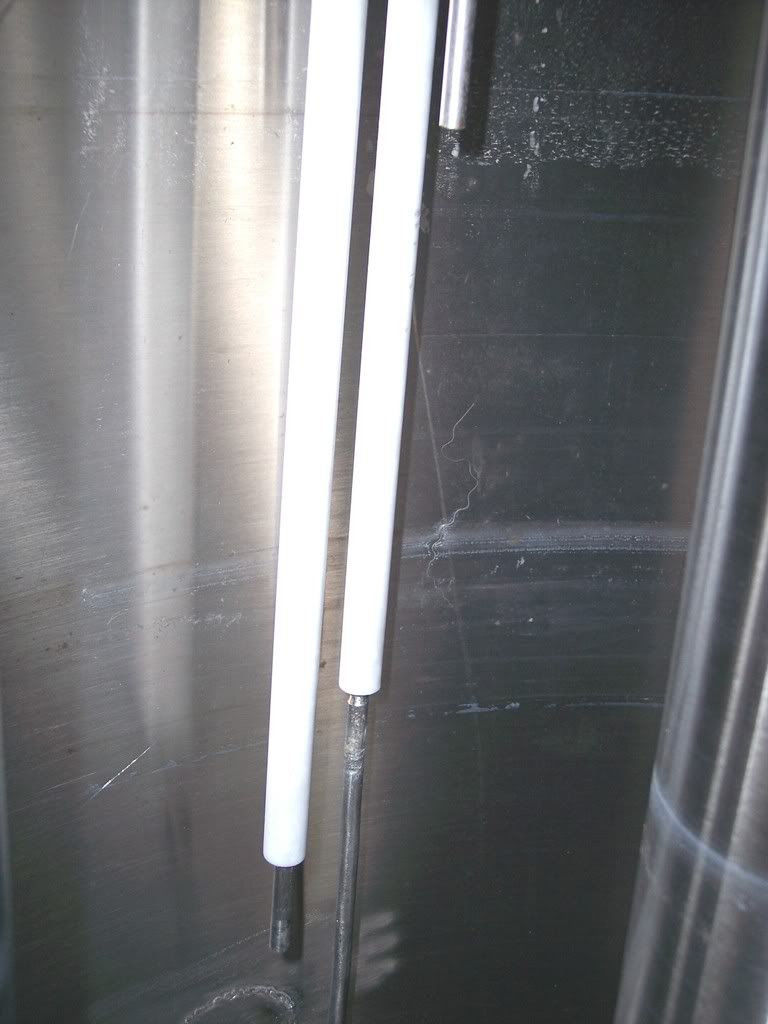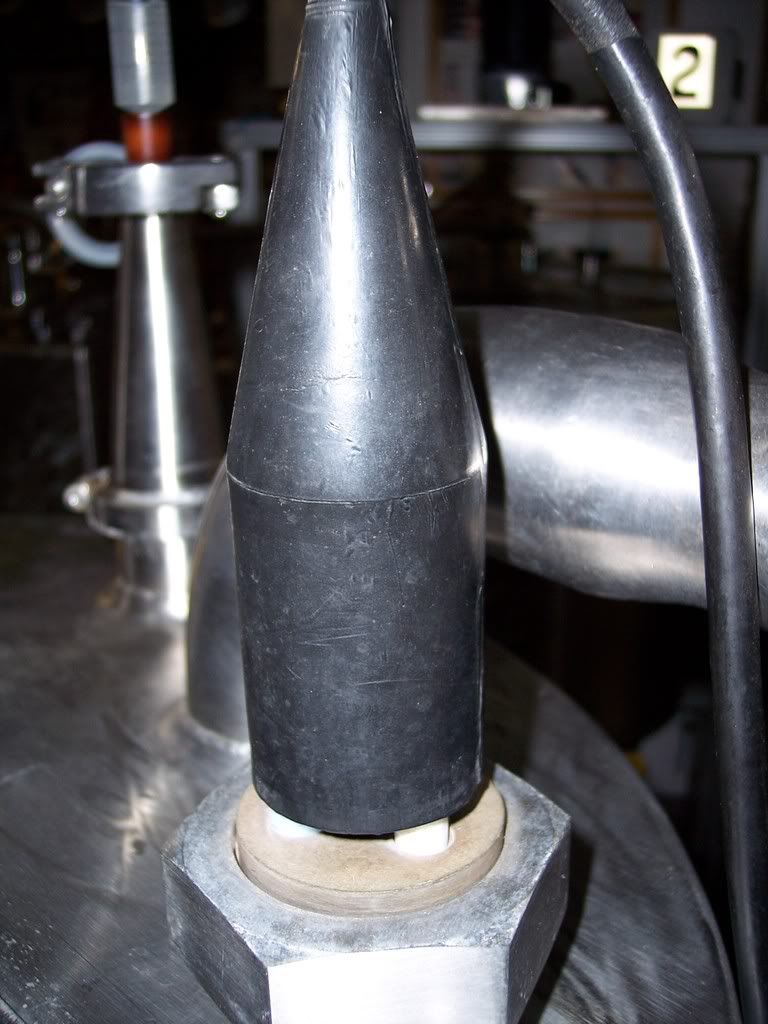crush
Active Member
- Joined
- Jan 13, 2008
- Messages
- 25
- Reaction score
- 1
Does anyone know the typical resistivity of wort and tap water?
I'm hoping to use several floatless level switches which operates using resistance. It switches on at 0-4kOhm (presence of liquid), and off at 15kOhm and above (no liquid). Its intended for use with general tap water, so it should work out of the box for water. I'm also thinking that wort with all the additional ions will also have lower resistivity, and so will also work.
Can anyone confirm this is in the ballpark with expected resistivity of water/wort, or shed some light with some figures?
I've done some simple experiments which have puzzled me. Using several different multimeters, I get resistance of a small glass of water of 50-100 KOhm, which seems much higher than I was expecting. Also, the resistance is not linear - it reduces when I bring the electrodes together, but a 10x reduction in distance reduces resistance by no more than 30%.
Any insight much appreciated!
I'm hoping to use several floatless level switches which operates using resistance. It switches on at 0-4kOhm (presence of liquid), and off at 15kOhm and above (no liquid). Its intended for use with general tap water, so it should work out of the box for water. I'm also thinking that wort with all the additional ions will also have lower resistivity, and so will also work.
Can anyone confirm this is in the ballpark with expected resistivity of water/wort, or shed some light with some figures?
I've done some simple experiments which have puzzled me. Using several different multimeters, I get resistance of a small glass of water of 50-100 KOhm, which seems much higher than I was expecting. Also, the resistance is not linear - it reduces when I bring the electrodes together, but a 10x reduction in distance reduces resistance by no more than 30%.
Any insight much appreciated!






